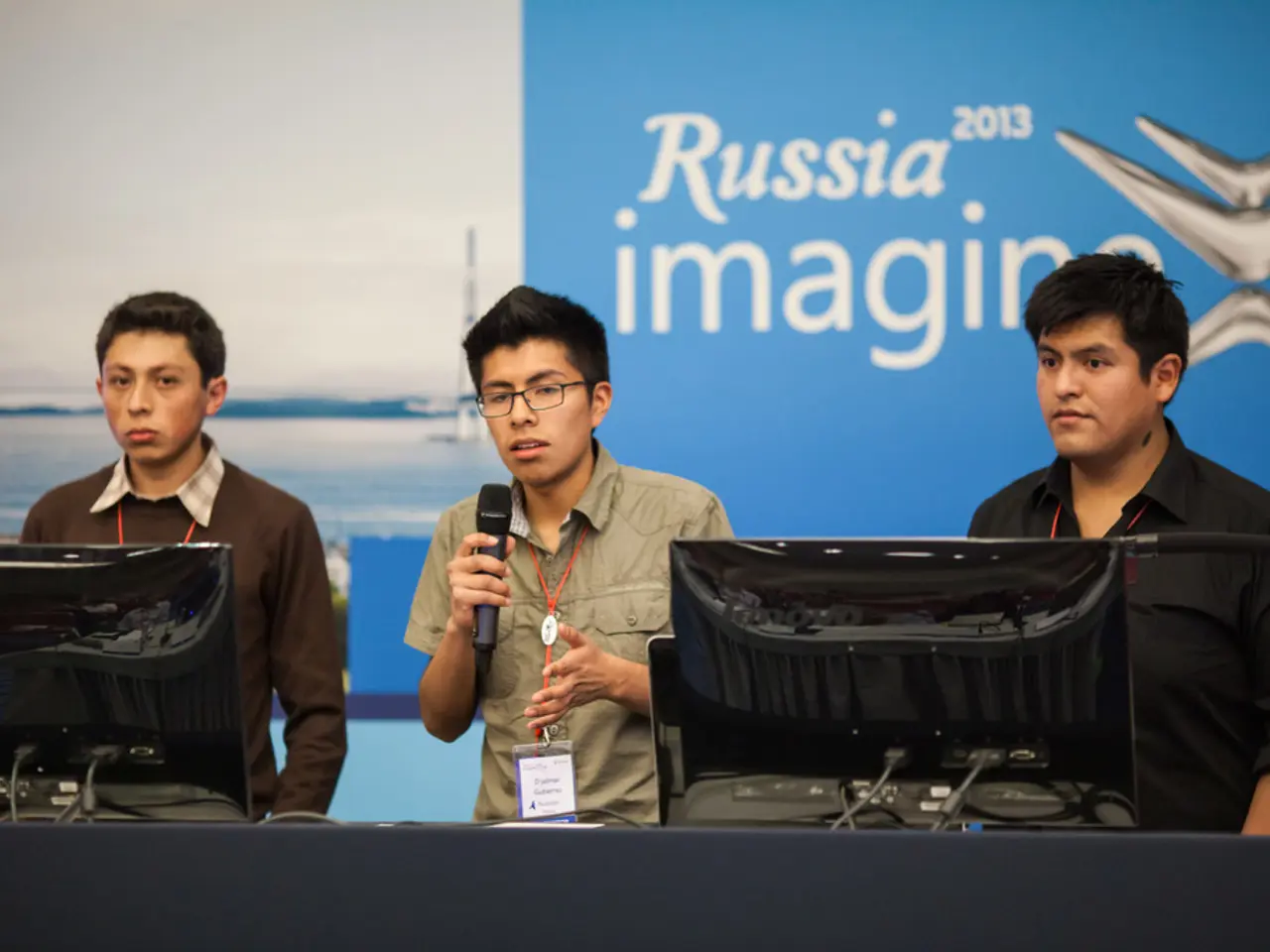Trump's Approach, Japanese Partnership, and the Shift Toward "Stakeholder Capitalism" Era
Title: $15 Billion Steel Giant Merger: A New Era in Capitalism
In June 2025, after a tumultuous 18-month bargaining period, numerous White House interventions, a Presidential election, a contentious lawsuit, an inflammatory outburst, and two national security evaluations – the merger of Nippon Steel and U.S. Steel finally got the green light.
This megadeal, worth around $15 billion, has made waves for multiple reasons, but perhaps most notably as an emblem of a changing era: the first major cross-border transaction in the age of "heavy-handed stakeholder capitalism."
Already a subscriber? Log in
Want more in-depth analysis and insights into global happenings? Subscribe now.
ST One Digital - Monthly
S$9.90/month
No contract
Subscribe now#### Subscriber Perks
- Access to all subscriber-exclusive content on ST app and website
- Read on 1 device via ST app
- 2-week e-paper archive
Join ST's Telegram channel and stay up-to-date with the latest news.
Donald TrumpCorporate AcquisitionsGlobal EconomicsIndustrial Policies This merger marks the first large-scale cross-border transaction in the era of "heavy-handed stakeholder capitalism," a new form of stakeholder capitalism that includes at least one particularly influential stakeholder.
The Story Behind the Merger
- The deal was initially proposed in December 2023, with Nippon Steel planning to buy U.S. Steel, a storied American steelmaker located in Pittsburgh, for about $14.9 billion in cash and debt[4][5].
- The acquisition faced intense scrutiny due to concerns about national security, sparking political debate during the 2024 U.S. Presidential election. Both candidates criticized the buyout at first[3].
- Initially blocked by an Executive Order from then-President Biden after a split recommendation by the Committee on Foreign Investment in the United States (CFIUS), national security concerns continued to dominate the discourse[3].
- In June 2025, former President Trump reversed the ban via another Executive Order, allowing the transaction to move forward under the condition of a National Security Agreement (NSA) with the U.S. Treasury. This NSA required significant new investments in the U.S. and specific governance provisions, including a "golden share" owned by the U.S. government, granting it a stake in certain company decisions[3][4][5].
- The merger united the world's fourth-largest steelmaker by blending Nippon Steel's state-of-the-art technologies with U.S. Steel's production scale, forging a groundbreaking partnership between the two titans[2][4].
The Impact of the Era Change
- The deal symbolizes "heavy-handed stakeholder capitalism," melding economic interests with national security, political considerations, and social oversight – indicative of broader trends where governments and multiple stakeholders seek more control over significant corporate transactions impacting crucial sectors.
- Nippon Steel's buyout aims to modernize U.S. Steel’s outdated production facilities using its advanced technology, potentially rejuvenating part of the American steel industry, safeguarding jobs, and enhancing competitiveness in a sector historically significant for national security and economic self-sufficiency[4].
- The acquisition unfolded within the context of ongoing U.S. endeavors to safeguard and fortify domestic manufacturing via tariffs and regulatory oversight, policies supported by both Trump and Biden administrations, showcasing the intricate dance between global capital flows and local economic ambitions[4][3].
- The NSA and the "golden share" agreement illustrate how the U.S. government balances openness to foreign investment with protection of national strategic interests, ensuring that all stakeholders – workers, local communities, and national economic welfare – are considered in corporate governance and decision-making processes.
- Politically, the resolution under Trump's administration signifies a shift from Biden's more cautious take on foreign acquisitions in sensitive industries, underscoring the role that Presidential policies play in shaping economic globalization and investment patterns in critical sectors[3].
In essence, Nippon Steel's $15 billion buyout of U.S. Steel is a seminal example of large-scale industrial consolidation under the influence of emerging notions of "heavy-handed stakeholder capitalism." This reflects how geopolitical, social, and economic interests intertwine, with the U.S. government proactively structuring the deal to safeguard national security and economic welfare, while fostering foreign investment to modernize and strengthen a pivotal American industry[3][4][5].
The Nippon Steel and U.S. Steel merger, as a significant cross-border transaction in the era of "heavy-handed stakeholder capitalism," highlights the interplay of finance, business, and politics. This megadeal symbolizes a changing era where economic interests align with national security concerns and political considerations, and influential stakeholders exert more control over corporations in crucial sectors.
In the broader context, the merger provides a lens into global economics and industrial policies, as governments endeavor to balance openness to foreign investment with the protection of national strategic interests. This story of cross-border consolidation offers insights into how changing forms of capitalism could reshape the business landscape, influencing general-news in the realm of finance, business, politics, and international relations.






